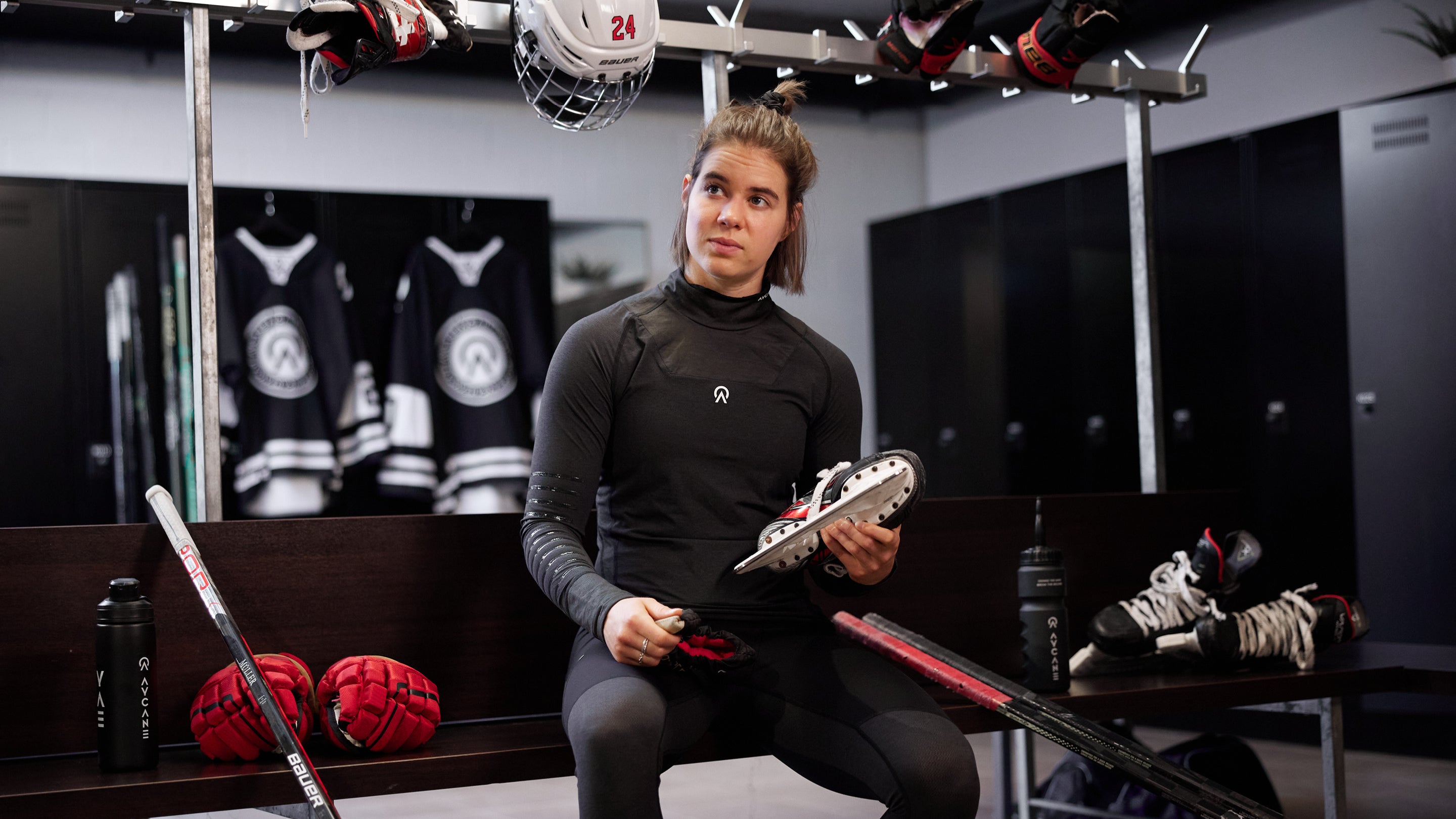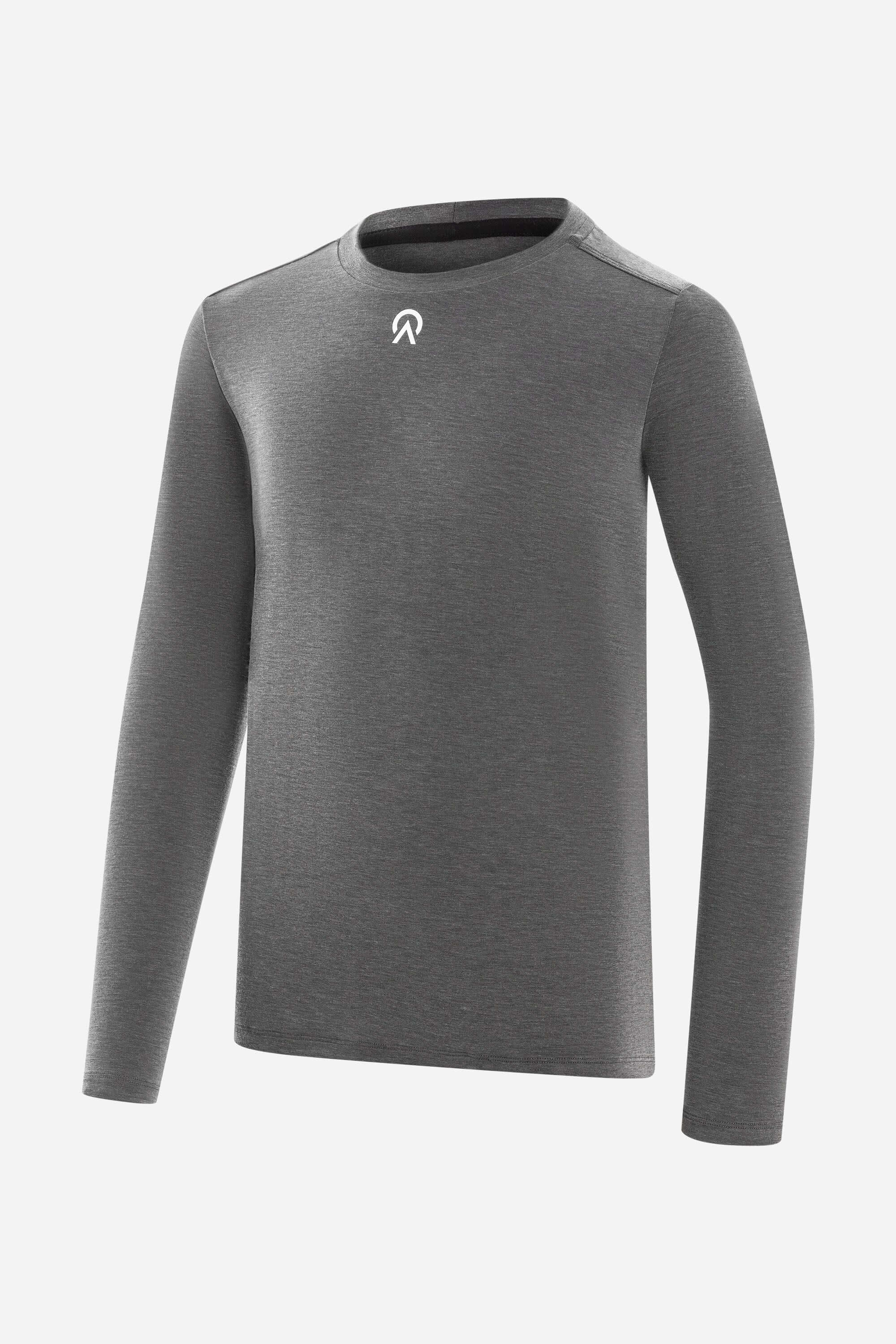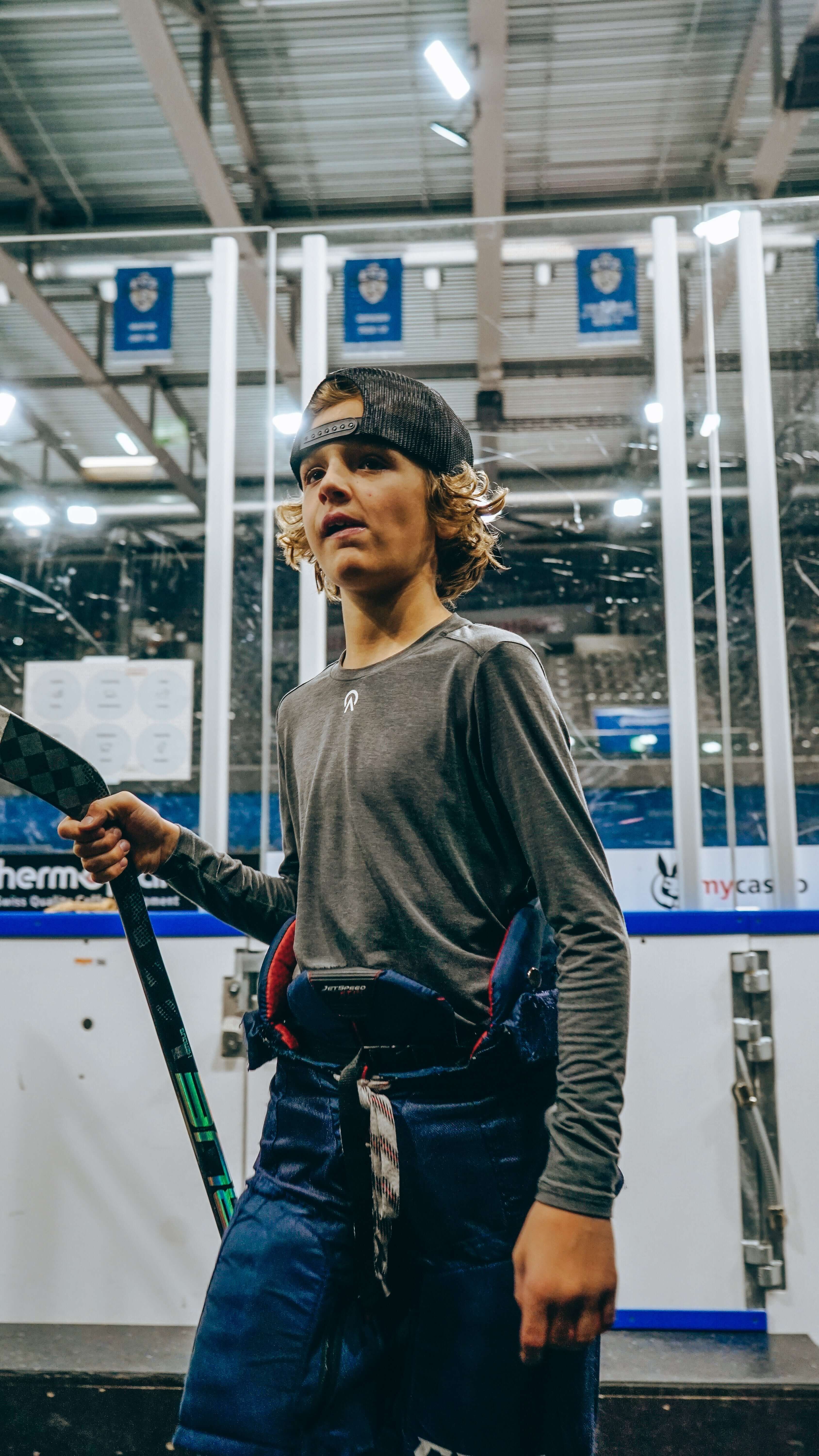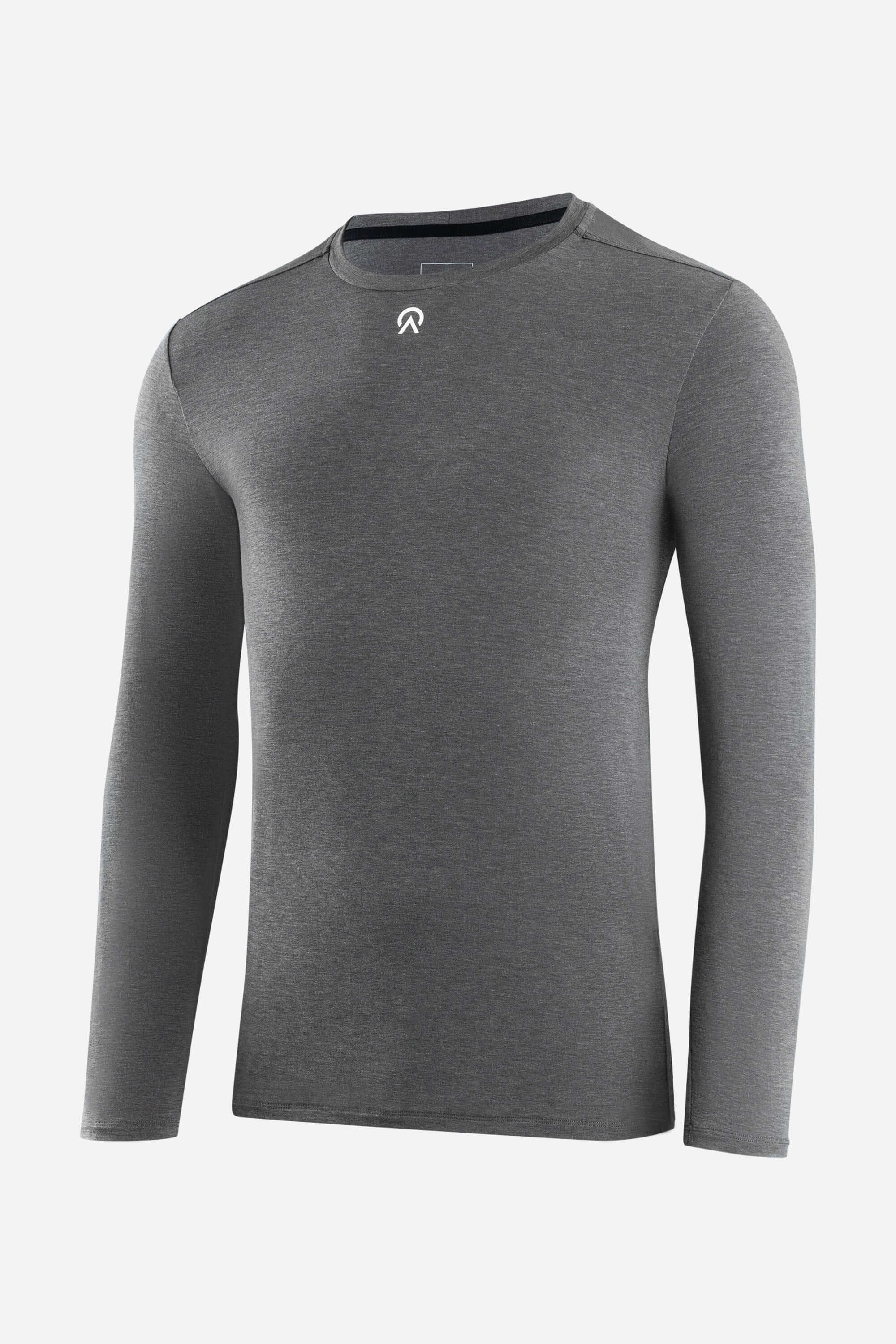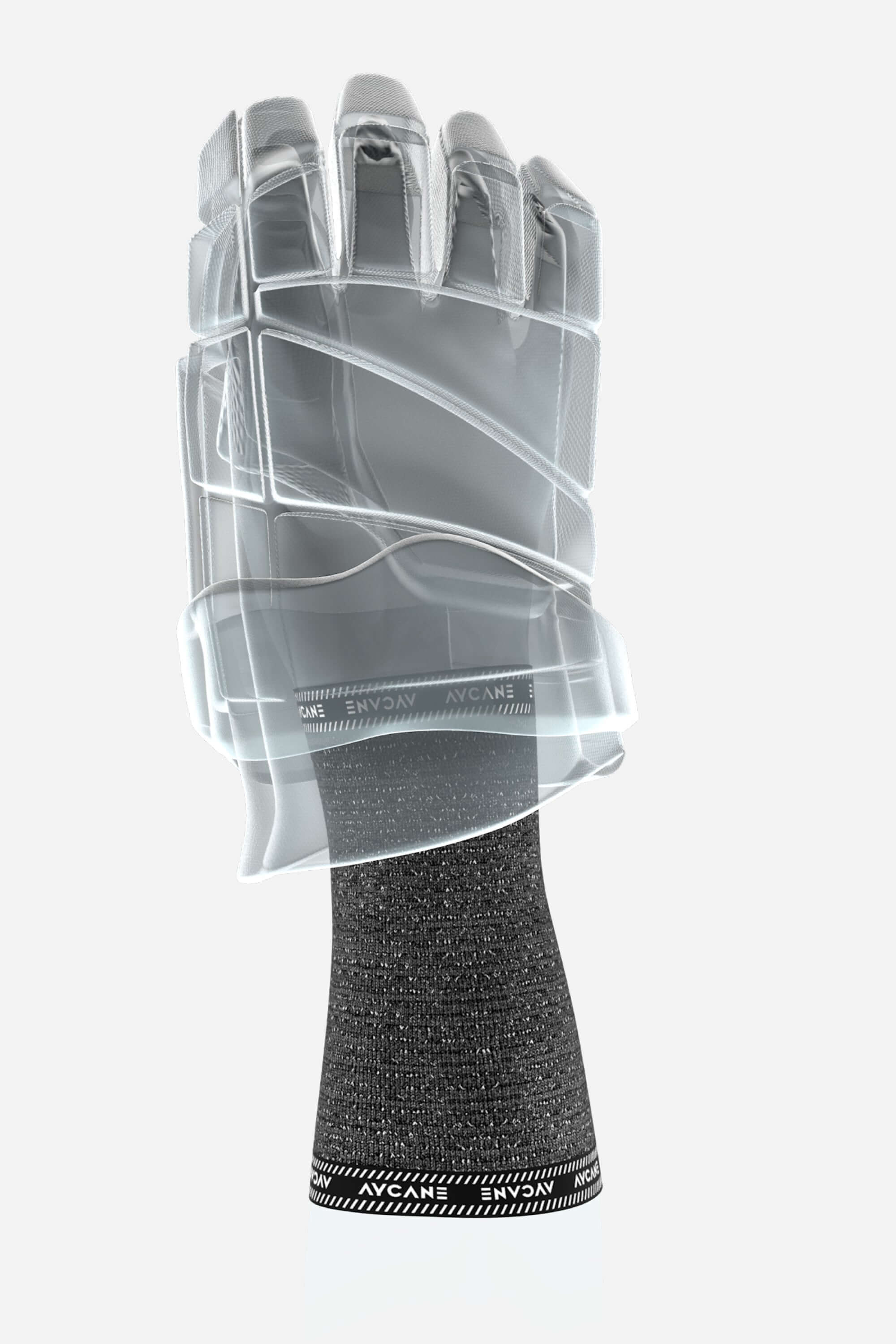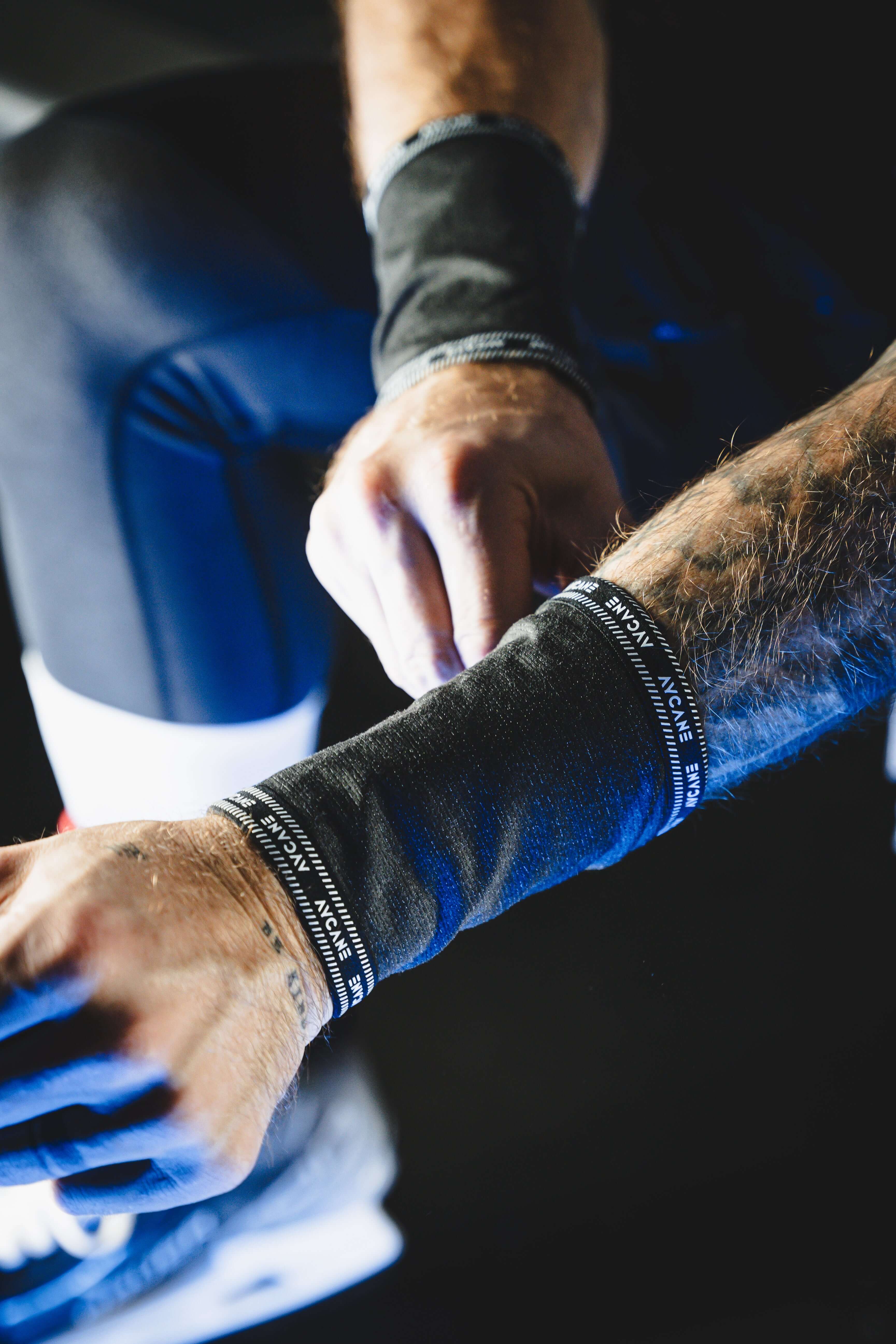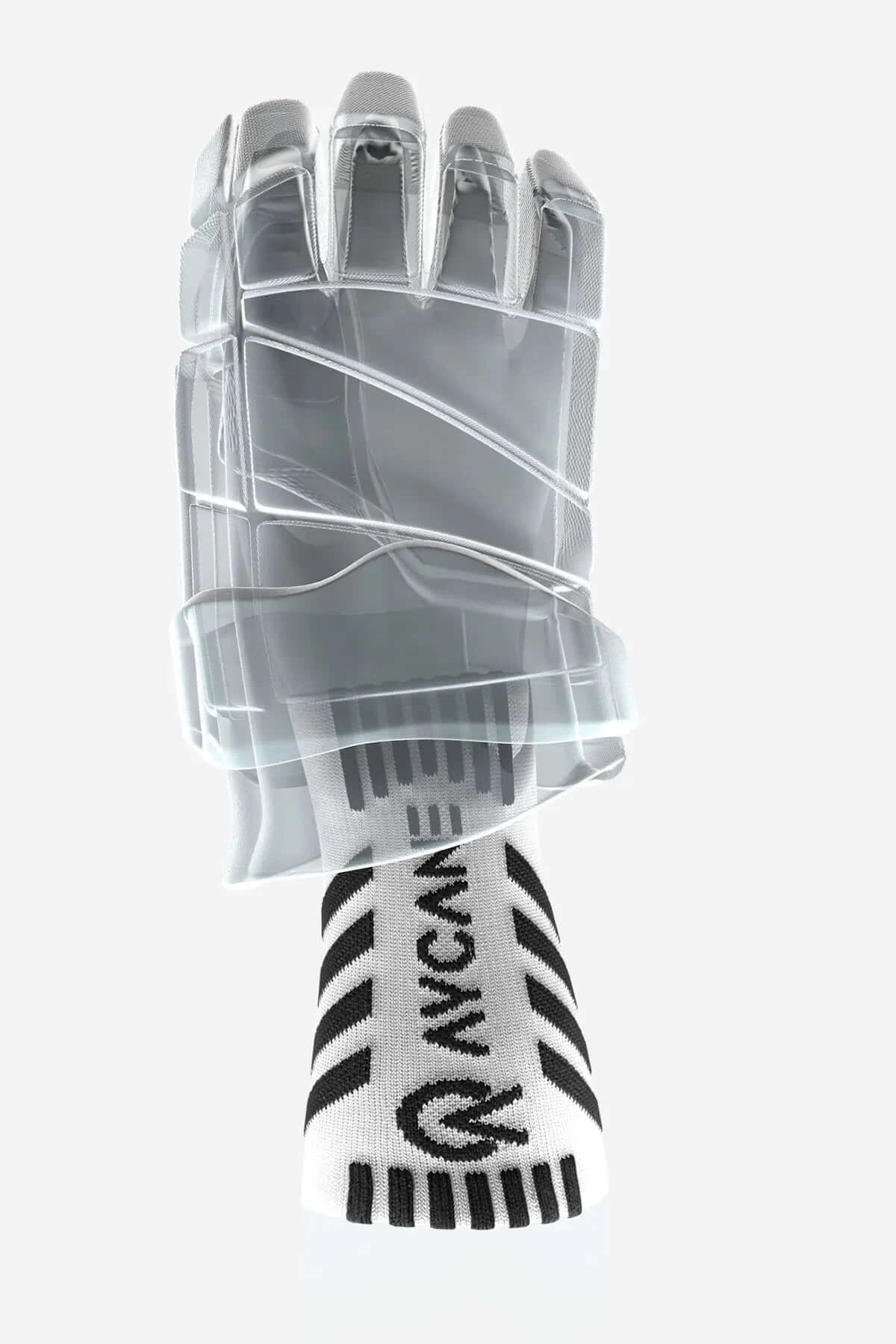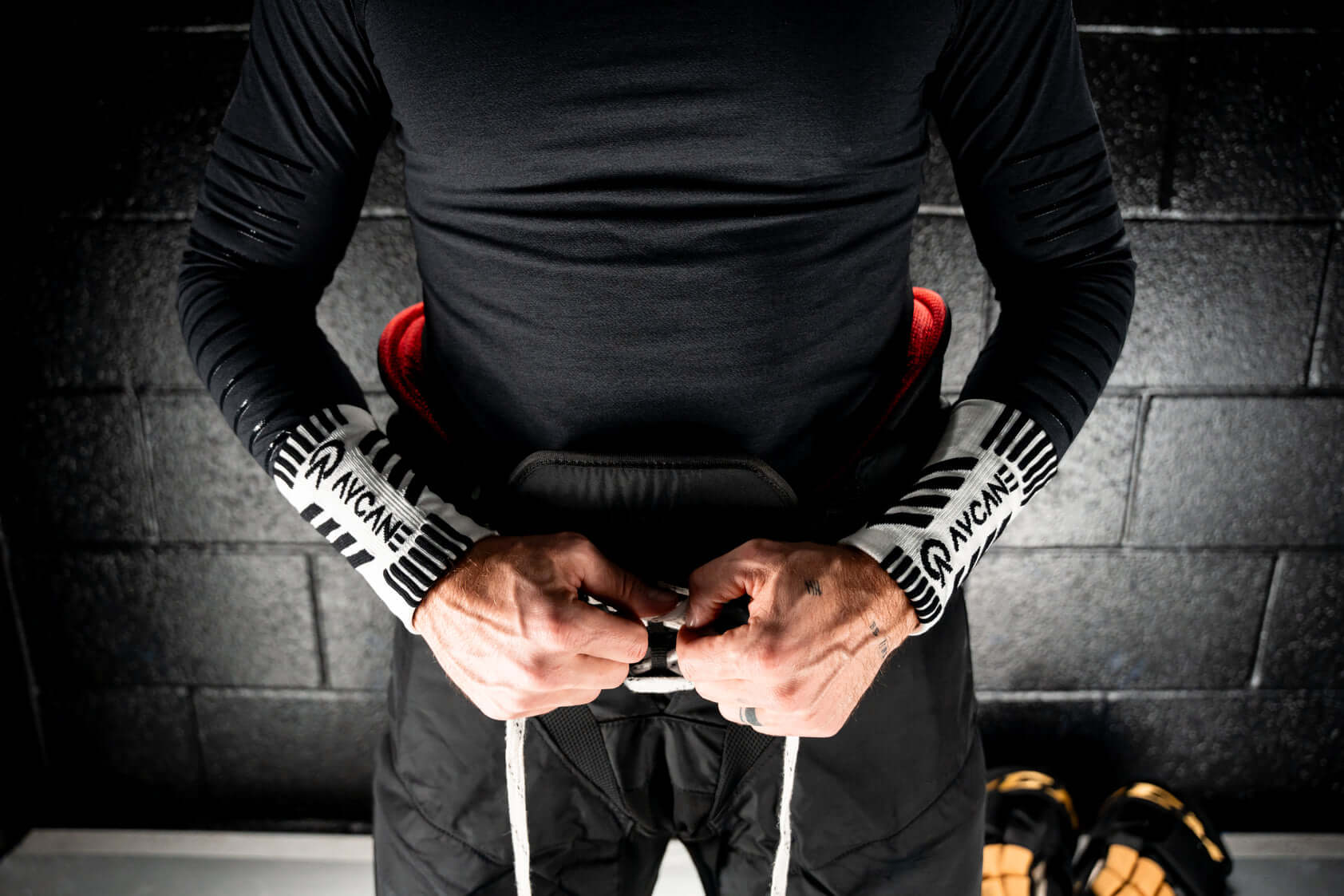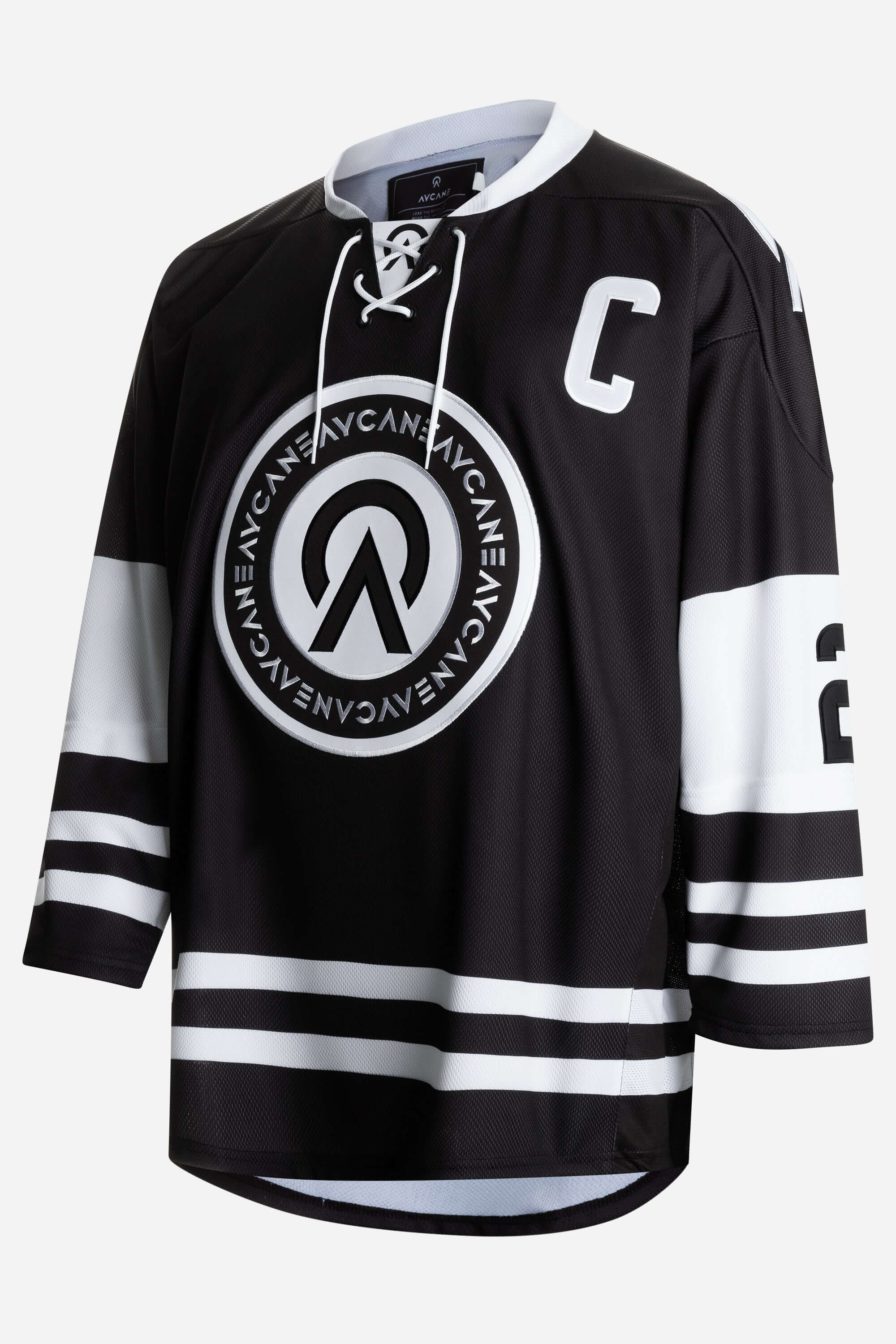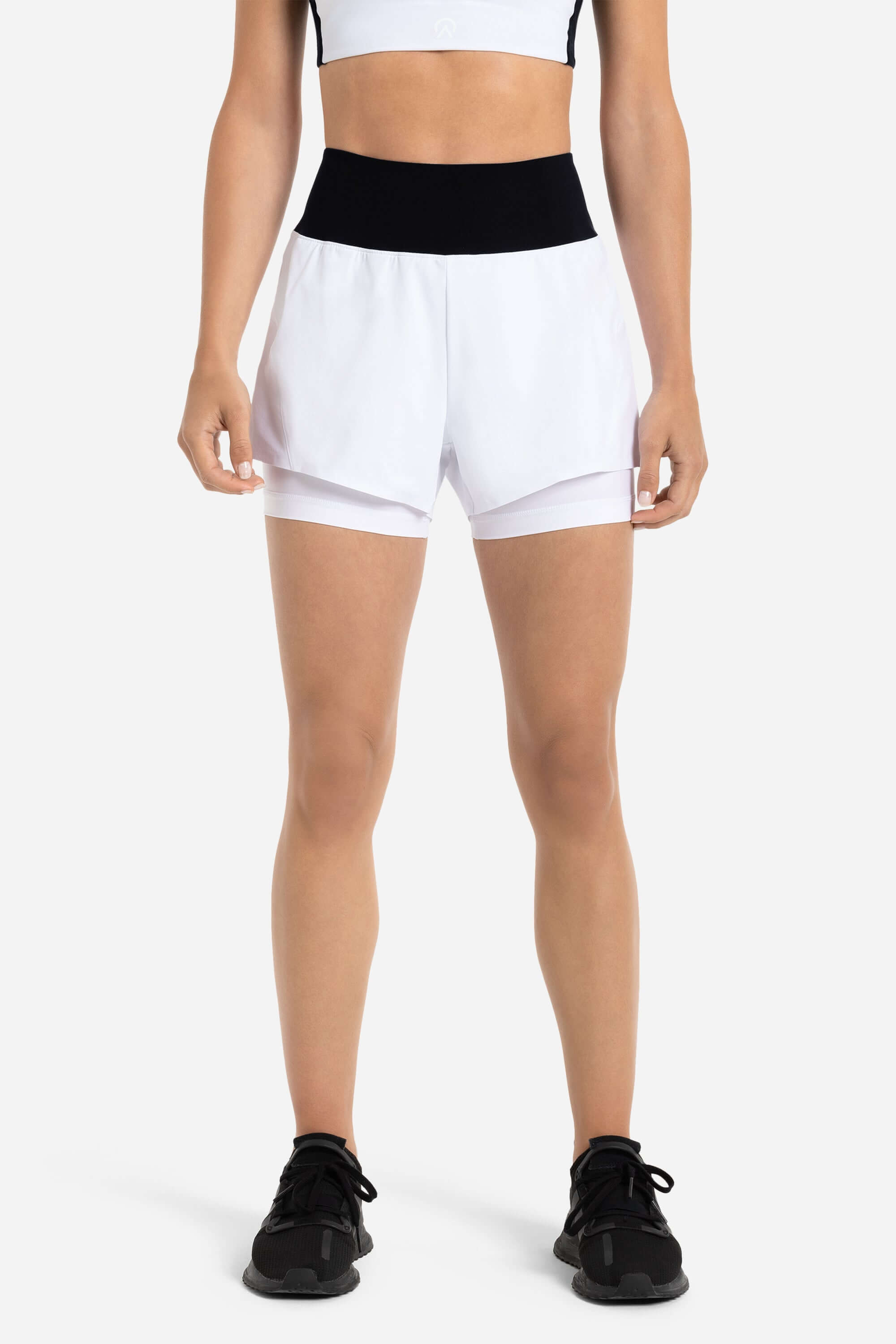Ice Hockey Tips: Getting Started on the Ice

Ice hockey is an exciting and fast-paced sport that requires skill, strategy, and teamwork. If you're new to ice hockey and eager to step onto the ice, this guide will provide you with essential tips to help you get started on your hockey journey. From basic equipment to fundamental techniques, let's dive into the world of ice hockey and set you up for success.
1. Gear up properly
Before hitting the ice, it's crucial to gear up properly. Invest in high-quality ice hockey equipment that includes a helmet, shoulder pads, base layers, elbow pads, gloves, shin guards, skates, and a stick. Make sure everything fits well and offers adequate protection.
2. Learn skating fundamentals
Skating is the foundation of ice hockey. Start by mastering basic skating techniques, such as gliding, stopping, and turning. Practice your balance and stride to gain confidence on the ice. Taking skating lessons or joining a beginner's skating program can be immensely helpful.
3. Familiarize yourself with the rules
Understanding the rules of ice hockey is essential to play the game effectively. Study the basic rules, including offside, icing, penalties, and faceoffs. This knowledge will enhance your understanding of the game and help you make better decisions on the ice.
4. Focus on stickhandling and puck control
Developing good stickhandling skills is crucial for maneuvering the puck effectively. Practice controlling the puck with your stick, keeping it close to your body while maintaining your balance. Work on your ability to stickhandle in different directions and at various speeds
5. Master the art of passing
Passing is a fundamental skill in ice hockey. Practice different types of passes, including forehand and backhand passes. Work on accuracy and speed, aiming for your teammate's stick blade or designated target. Remember, communication and anticipation are key when passing the puck
6. Improve your shooting technique
A powerful and accurate shot can make a significant impact in ice hockey. Practice shooting the puck with proper technique, focusing on your body positioning, weight transfer, and follow-through. Develop both your wrist shot and slap shot to have multiple options in different game situations.
7. Understand positioning and teamwork
Ice hockey is a team sport that requires proper positioning and teamwork. Learn about offensive and defensive positioning, understanding your role on the ice, and supporting your teammates. Communicate with your linemates and be aware of your surroundings to make effective plays.
8. Stay physically fit and mentally focused
Ice hockey demands physical stamina and mental agility. Engage in off-ice training, including cardio exercises, strength training, and agility drills, to enhance your endurance and overall fitness. Additionally, practice mental focus and discipline, as hockey is a fast-paced game that requires quick decision-making.
9. Embrace a growth mindset
Ice hockey is a challenging sport that requires perseverance and continuous learning. Embrace a growth mindset, understanding that mistakes and setbacks are part of the journey. Seek feedback, learn from experienced players, and always strive to improve your skills.
10. Enjoy the game and have fun
Most importantly, enjoy the game of ice hockey and have fun! Ice hockey is an exhilarating sport that fosters friendships, teamwork, and a sense of accomplishment. Cherish the moments on the ice, make lasting memories, and embrace the joy of playing this incredible sport.
Conclusion:
By following these ice hockey tips for beginners, you'll be well on your way to becoming a skilled and confident player. Remember to practice regularly, stay determined, and always have a positive attitude. Whether you're playing in a recreational league or aspiring to compete at higher levels, the world of ice hockey offers endless opportunities for growth and excitement.
Lace up your skates, grab your stick, and enjoy the thrill of ice hockey!
Remember to customize and personalize the content to align with your brand and target audience.


